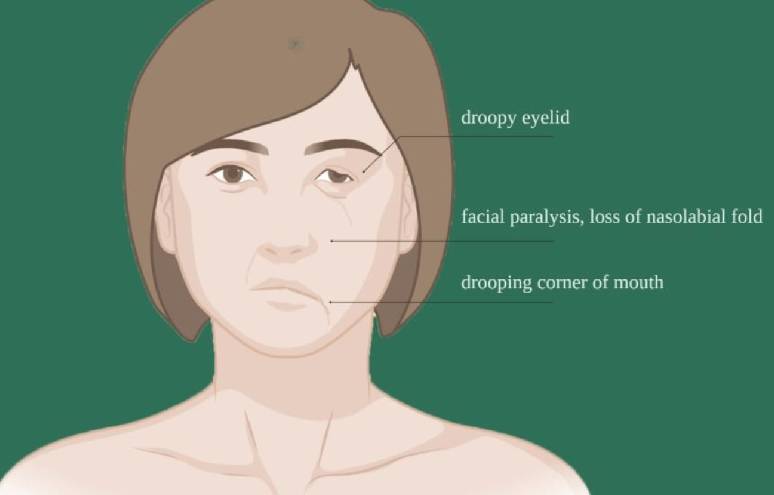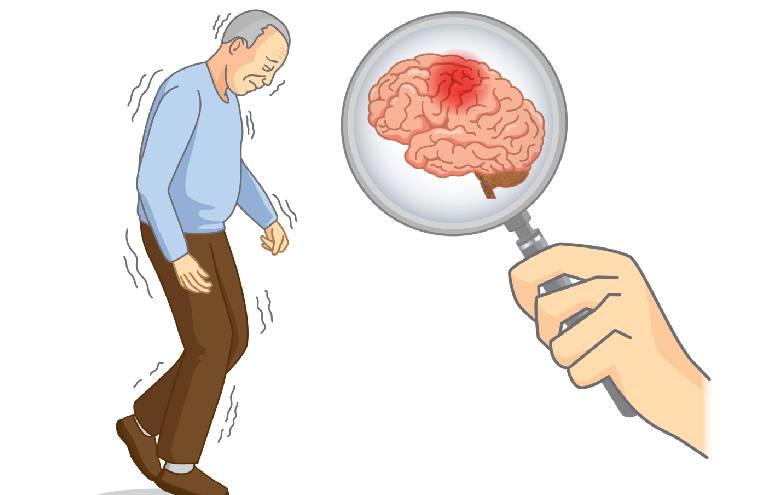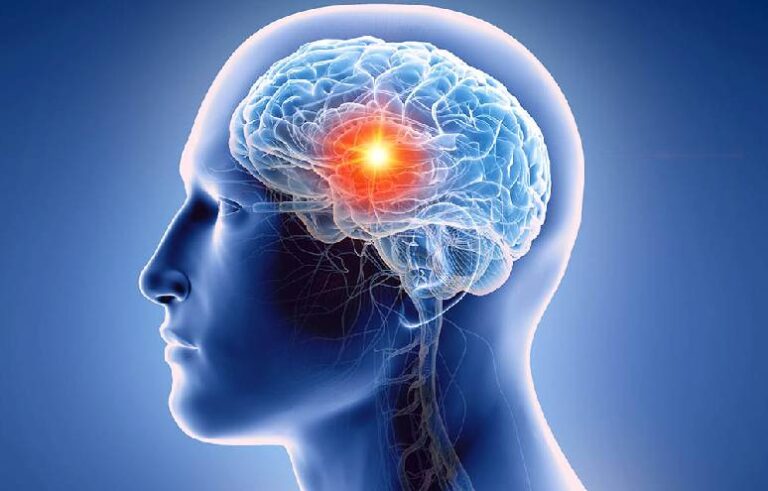Headaches refer to pain anywhere in the head or neck region and various factors, such as tension, stress, dehydration, or medical conditions.
Epilepsy is a neurological disorder characterized by recurrent, unprovoked seizures caused by bnormal electrical activity in the brain.
A stroke occurs when blood supply to part of the brain is interrupted or reduced, leading to oxygen deprivation and brain cell death.
Spine diseases involve structural abnormalities or functional impairments in the spinal cord or vertebrae, impacting mobility.
Back pain is one of the most common complaints, affecting the muscles, ligaments, or spine. Spondylosis is a degenerative condition of the spine.
Sciatica is pain along the sciatic nerve, which runs from the lower back through the hips and down each leg. It is often caused by a herniated disc.
Facial palsy is the weakness or paralysis of the facial muscles, usually caused by nerve damage. Bell’s palsy is the most common and temporary.
Neuropathy is nerve damage that affects the communication between the brain and other parts of the body. It is most commonly with diabetes.
Vertigo can be caused by many things, including infections, migraines, injuries, health conditions. & Difficulty focusing or maintaining balance.
A condition where partial or complete loss of vision occurs in one or both eyes, which may be temporary or permanent.
Loss of balance, also known as a balance disorder, can occur due to a number of possible reasons, including ear infections, medications.
Problems affecting sleep quality, duration, or timing, including insomnia, sleep apnea, and restless leg syndrome.
Parkinson’s disease is a condition where a part of your brain deteriorates, causing more severe symptoms over time.
Alzheimer’s disease is a brain disorder that slowly destroys memory and thinking skills and, eventually, the ability to carry out the simplest tasks.
Challenges in recalling information, retaining new knowledge, or performing daily activities due to memory lapses.
Dementia is a group of symptoms that result from brain damage caused by a number of diseases. IT can also cause changes in mood, behavior.
A group of muscle disorders that cause weakness, stiffness, or muscle wasting due to abnormalities in muscle fibers.
Abnormal growths of cells in the brain, which can be non-cancerous or cancerous.a mass of abnormal cells that grows in the brain or skull.
Damage to the brain caused by trauma, lack of oxygen, or other factors, leading to temporary or permanent impairment.
Brain fever is a colloquial term for brain inflammation that can be caused by a number of diseases, including encephalitis, or scarlet fever.
A state of prolonged unconsciousness in which a person is unresponsive and cannot be awakened. Coma is a state of prolonged loss of consciousness.





















